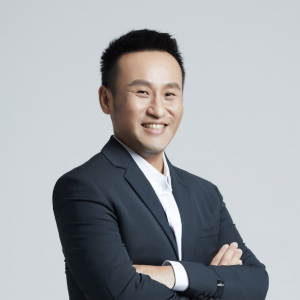This summer, while visiting Columbia University, I struck up a casual conversation with a sophomore studying computer science. We had only just met, but naturally, the topic drifted toward AI.
At one point, she lowered her voice, as if sharing a secret.
“A lot of people quietly use AI to finish their homework,” she said. “The professors know it happens, but they still expect us to do many parts on our own.”
It was an offhand remark, yet it stayed with me.
When technology can complete a task faster—and often better—why insist on doing it by hand? Is it because learning demands the slow grind? Or because we believe something only counts if it’s done the hard way?
For her, the answer was discipline—an exercise in sharpening her own mind. But her dilemma belongs to more than just students.
When ChatGPT’s new Agent Mode can answer emails, map itineraries, prepare presentations, shop for groceries, even draft financial reports, it forces a question most of us would rather avoid: how much of what once filled our days was truly work, and how much was ritual?
AI holds up an unforgiving mirror. In its reflection, the “busywork” that propped up entire careers is suddenly stripped bare. And if the doing is no longer the point, then what is?
What remains is judgment. In a world where execution is cheap, deciding what deserves to be done becomes priceless.
Choosing the right task, knowing when to stop, and allocating scarce time and resources—these are no longer side skills. They are the core.
That shift changes our role entirely. Workplaces once depended on legions of people moving step by step through a process. Now they need those who can set the direction, choose the tempo, and decide which notes are worth playing at all. We are less the performers, more the conductors.
And conducting, at its heart, is about values. If everyone has access to the same tools, what separates one person’s output from another’s is no longer speed or polish—it’s the convictions that guide their choices.
AI will make execution faster. It will make the wrong choice faster, too.
The real test ahead is not whether we can do more, but whether we will choose, with care, what is truly worth doing.

